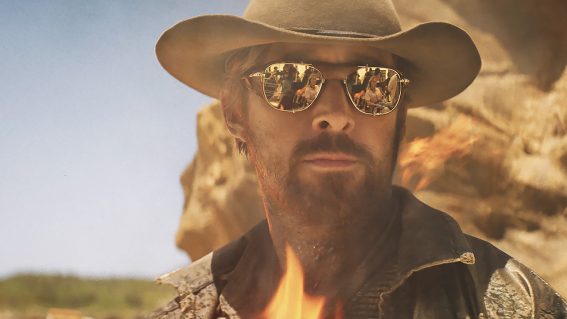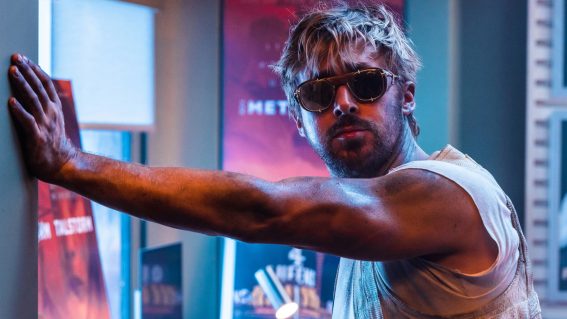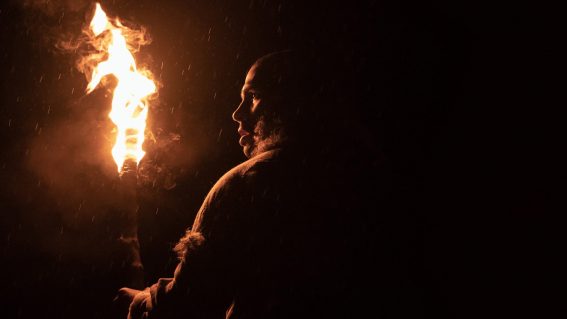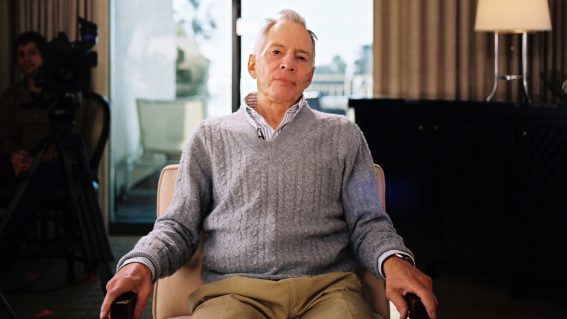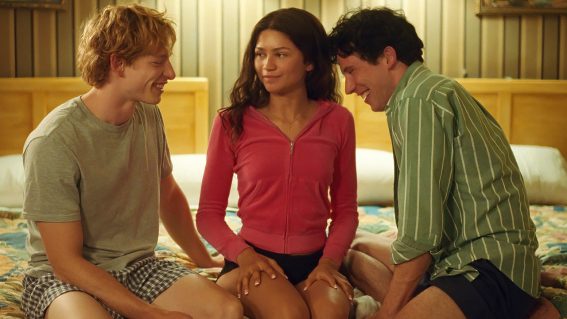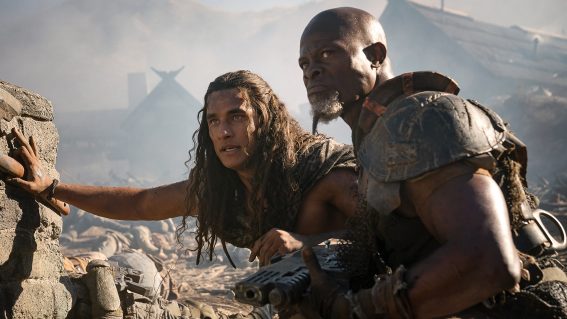Even Nic Cage as Dracula isn’t enough to recommend scattershot vamp comedy Renfield
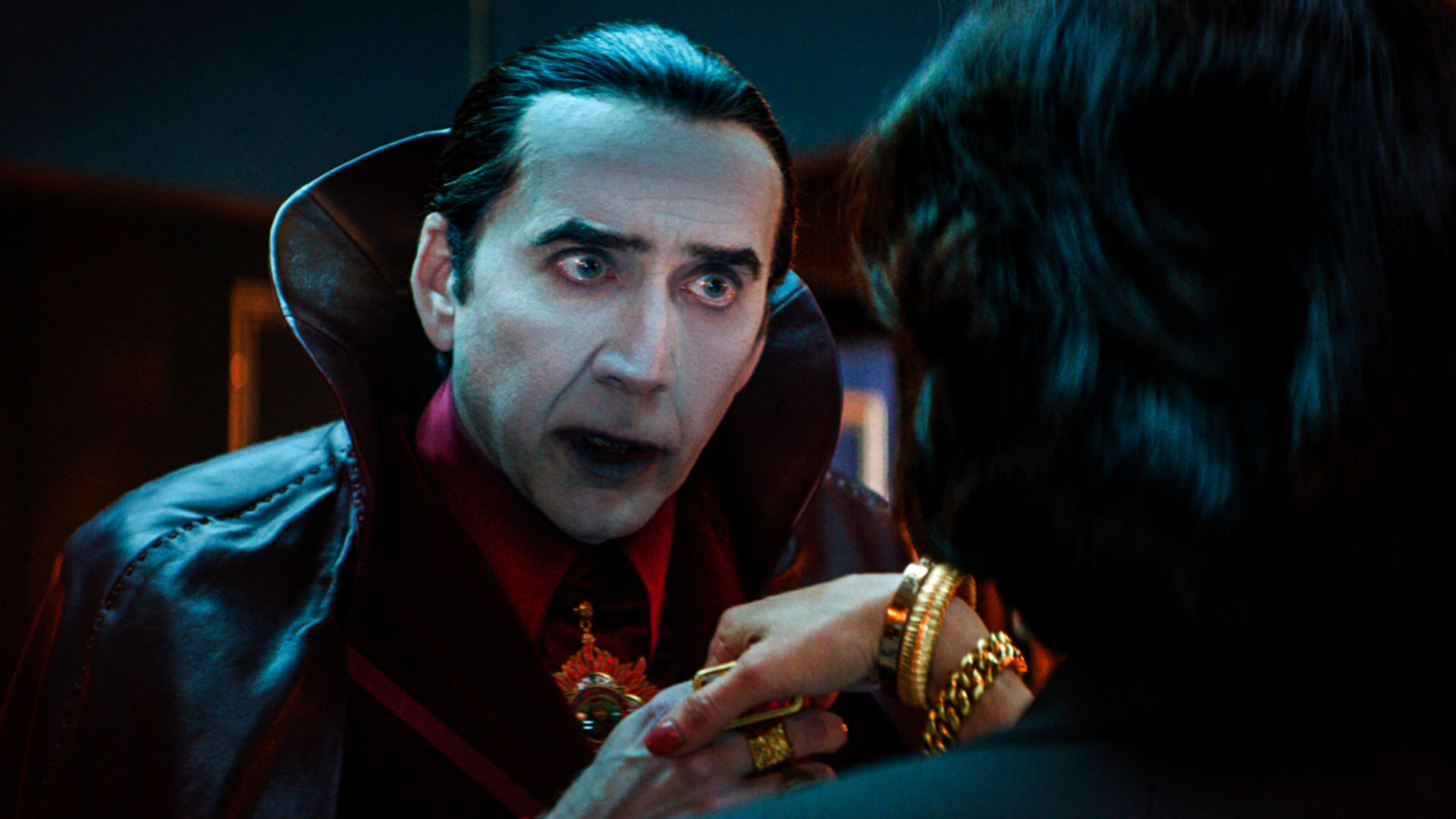
Nicholas Hoult is Dracula’s put-upon henchman Renfield in a new present-day horror-comedy directed by The Lego Batman Movie‘s Chris McKay. Despite Nicolas Cage’s supporting turn as Dracula, Rory Doherty comes away severely underwhelmed.
We should have realised how much of a monkey’s paw getting Nic Cage to return to mainstream cinema would be. After last year’s confounding and underwhelming The Unbearable Weight of Massive Talent and now his stand-out supporting turn as the Prince of Darkness himself in Renfield, it’s clear that letting a superb, eclectic performer “do his thing” is not enough to balance out a severely low-effort production. At the end of the day, Renfield will always be the film that stars Nic Cage as Dracula—it’s everything else that’s the problem.
But, sadly, the film is not primarily about Nic Cage being Dracula, focusing instead on his familiar Renfield (Nicholas Hoult). It’s a subversive enough premise, even if all the best comedy has already been mined by four seasons of What We Do In the Shadows and the Kiwi film it’s based on. Renfield has none of the deadpan oddity nor the charming specificity of vampire lore of that series, instead resembling a mid-2000s “I hate my boss” clone—starting with an unironic mid-action freeze-frame and a “Woah, let’s back up a little.”
Sadly, Renfield is not smart enough to be a parody of comedy workplace tropes, instead opting for the laziest approach of using them with little subversion or interrogation. For some reason, most of our time is spent (read: wasted) with a decidedly non-vampiric corrupt-cop-crime-family story that’s so underbaked and cartoonish it feels like Dracula himself is the the screenwriter trying to explain how organised crime amongst red-blooded mortals works.
After a century of unwavering servitude to the vampiric master of the night, Renfield is starting to think his relationship with his master is unhealthy. As he is able to articulate from a relationship dependents meeting he attends, his narcissistic boss has left him addicted to their toxic bond. It’s an interesting and sporadically amusing way to frame a classic supernatural dynamic in modern terms, but the brazen directness with which Renfield discusses codependency feels in increasingly poor taste. The fact that the film never mentions the word “abusive” suggests that writer Ryan Ridley (working off a story by The Walking Dead’s Robert Kirkman) is still a bit wary with using this narrative device in his very silly script, and without actually engaging with the psychology of the horror relationship, it ends up feeling exploitative.
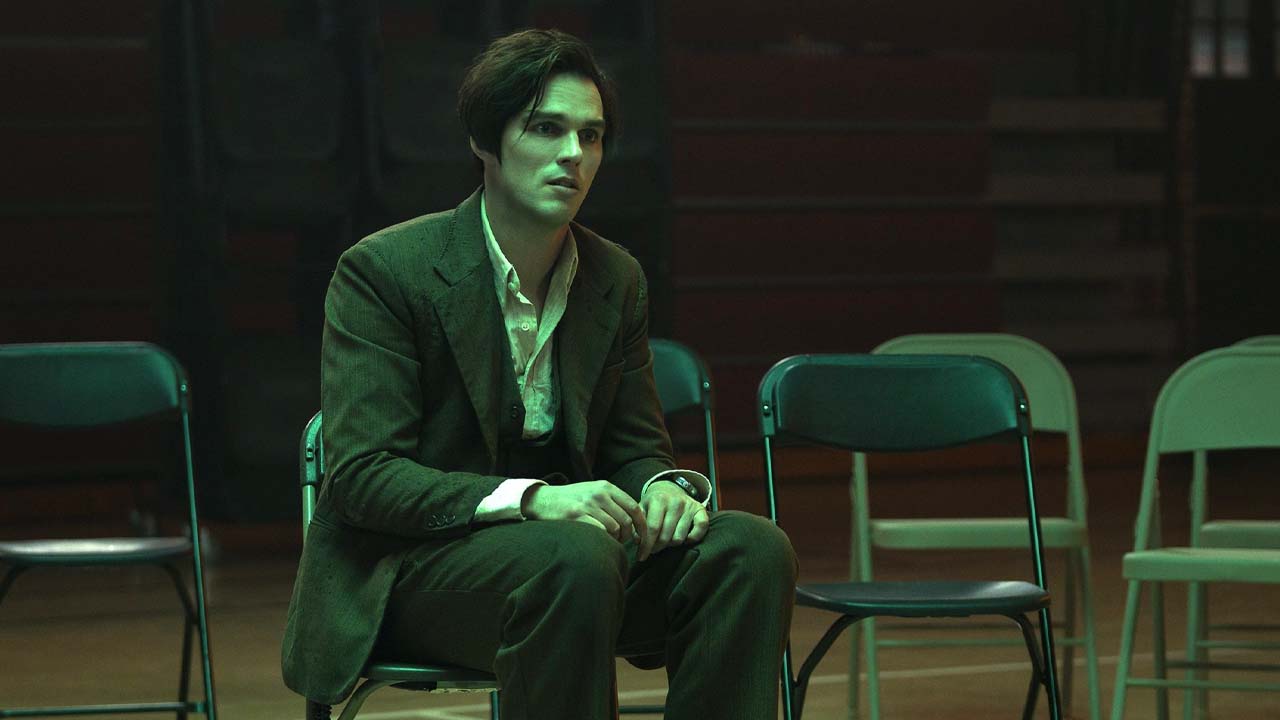
It’s but one example of Renfield needing a much more thorny, acerbic approach to its premise. Sure, it’s plenty gory (no squibs, alas, all the blood bursts are shiny and digital), but Renfield’s road to self-actualisation is devoid of grit, inventive psychological shifts, or real momentum. This would be forgivable were the movie ruthlessly funny: aside from a few well-played vampire gags and one faultless performance from Brandon Scott Jones as Renfield’s meeting leader, Renfield suffers from letting everyone involved yell far too much. (The main culprits are Ben Schwartz as a high-level gangster and Awkwafina as the vengeful cop on his trail.)
Renfield proves so perplexing not because of a lack of talent on-screen, but because what’s good is so out of place. Director Chris McKay has plenty of experience with wacky, energetic hijinks in The Lego Batman Movie, and displays a much superior ability to deliver genre thrills than we saw in Cocaine Bear, 2023’s other high-concept caper. There’s a dynamism to the martial-arts-movie inspired action—but why, in a movie about subverting famous horror characters, does Renfield focus so much on action? Imagine if the scenes of gore-splattering carnage were imbued with the craft and style of classic, Gothic, expressionist horror—Renfield would actually be offering something fresh, putting it on the same level as another recent reimagining of Universal’s canon, The Invisible Man.
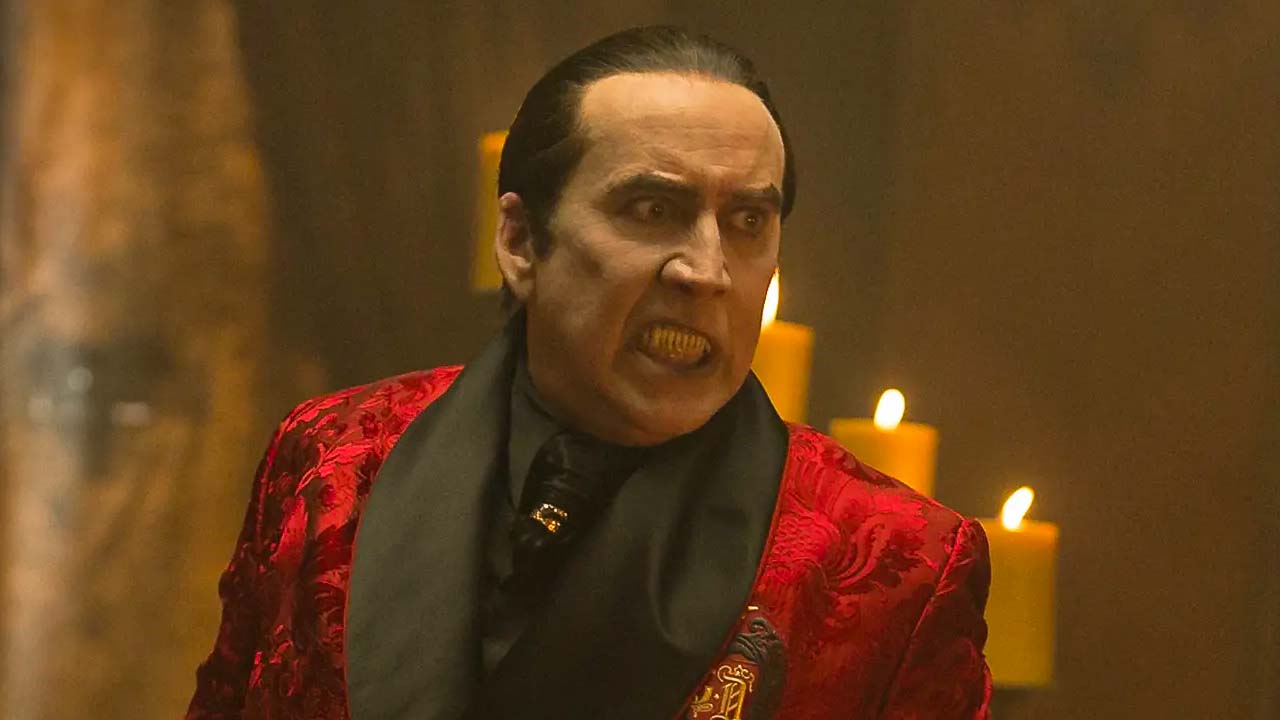
The scattershot focus and flirtations with genre excess means Renfield joins the likes of Cocaine Bear and Halloween Ends as films you can imagine being a lot better were they made in the 80s. After 35 years of non-vampire roles, Nic Cage is a still joy to watch—he’s tapped into an actual dramatic, unsettling core to the character that allows Dracula’s oddness to crackle like electricity—and Hoult’s upset and beleaguered assistant gives him something solid to bounce off.
But when we reach our big-scale climax, and reflect that startlingly little has actually happened in the film, we are forced to consider that fun ideas don’t actually need endless resources to be brought to life. (Why did this cost $86 million?!) While on the surface, nothing in Renfield is worthy of abject hatred, its clumsy bloatedness inspires a certain disillusionment in Hollywood comedies: twice this year we’ve been promised giddy fun and been let down by pure unimaginative laziness. Renfield is a bit like a vampire: not completely cold-blooded, but lacking any recognisable vitality.




